Archive for September, 2010
Wednesday, September 29th, 2010
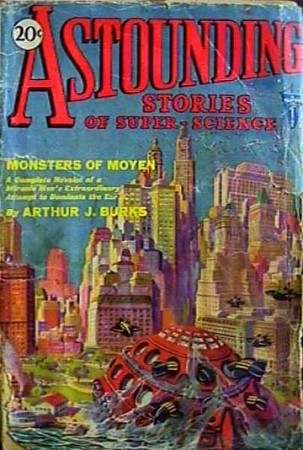
Plutonian Striptease is a series of interviews with experts, owners, users, fans and haters of social media, to map the different views on this topic, outside the existing discussions surrounding privacy.
Geert Lovink, founding director of the Institute of Network Cultures, is a Dutch-Australian media theorist and critic. He holds a PhD from the University of Melbourne and in 2003 was at the Centre for Critical and Cultural Studies, University of Queensland. In 2004 Lovink was appointed as Research Professor at the Hogeschool van Amsterdam and Associate Professor at University of Amsterdam. He is the founder of Internet projects such as nettime and fibreculture. His recent book titles are Dark Fiber (2002), Uncanny Networks (2002) and My First Recession (2003). In 2005-06 he was a fellow at the WissenschaftskollegBerlin Institute for Advanced Study where he finished his third volume on critical Internet culture, Zero Comments (2007).
Social networks are often in the news. Why do you think this is the case?
“Who cares about the internet!” is a phrase I heard kids saying the other day. If only we were there… Internet, the forgotten medium. It is indeed true that I have gotten used to the fact that the internet is overhyped and constantly in news over the past 15 years. Social media is just the latest craze, following terms such as Web 2.0 and the intense reporting around ‘blogging’. We should not forget that part of the urge to report is the fact that these social networking sites are in direct competition with ‘old media’ such as TV and print in terms of the ‘attention economy’ and related advertisement budgets. (more…)
Tags: advertisement, anonymity, attention economy, commodities, free services, friends, Internet, law, privacy, recommendation systems, trading, video, web 2.0
Posted in contextual, interview | 1 Comment »
Friday, September 24th, 2010
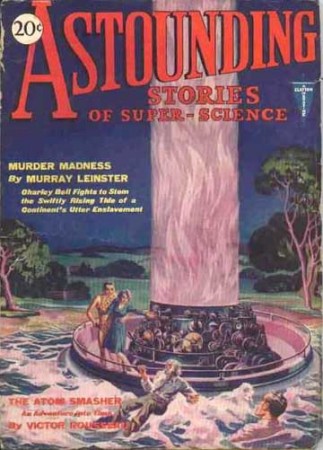
Plutonian Striptease is a series of interviews with experts, owners, users, fans and haters of social media, to map the different views on this topic, outside the existing discussions surrounding privacy.
Rob van Kranenburg lives in Ghent. He is in constant and full wonder about life in general and the human condition in particular.
Social networks are often in the news, why do you think this is?
It says more about the news now. It is clear that the idea of mass media itself is now adding to the core of problems; its hierarchical notion of gaining more attention or more ‘hits’ is fueling imbalances in the world.
In what way do they differ from older forms of communication on the Internet?
Simple people like me, with no money, no heritage, no support, felt relevant by the ability to publish anything they want on he internet. This is sanity to me. The social networks work like a bit of a tribe where old friends find you, you can quickly see where someone is. (more…)
Tags: balance, local communities, mass media, narcissism, privacy, self publishing, social networks, transparency, tribe
Posted in contextual, interview | 1 Comment »
Wednesday, September 22nd, 2010
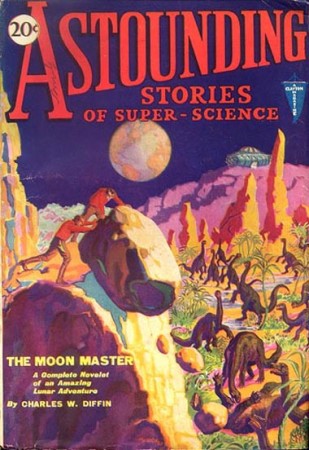
Plutonian Striptease is a series of interviews with with experts, owners, users, fans and haters of social media, to map the different views on this topic, outside the existing discussions surrounding privacy.
Geoff Cox is currently a Researcher in Digital Aesthetics as part of the Digital Urban Living Research Center, Aarhus University (DK). He is also an occasional artist, and Associate Curator of Online Projects, Arnolfini, Bristol (UK), adjunct faculty, Transart Institute, Berlin/New York (DE/US) and editor for the DATA Browser book series (published by Autonomedia).
Social networks are often in the news, why do you think this is?
Social networks, or more specifically the social web, are bound up with vested interests and the social imaginary. They have become key sites for entertainment, making business and even doing politics. Along with this, and as communications technologies become key sites for various forms of contestation, there are bound to be some juicy stories. In addition, social networks are becoming the apparatus of the news. On the one hand, there is the use of platforms for various kinds of social movements and alternative news gathering, and on the other, the old news apparatus is adapting itself to new kinds of distribution channels – rather like selling any other product. (more…)
Tags: communication, data, ethics, EULA, friends, Internet, marketing, ownership, privacy, property, rights, social networks, trading, venture capital, web 2.0
Posted in contextual, interview | 2 Comments »
Sunday, September 19th, 2010
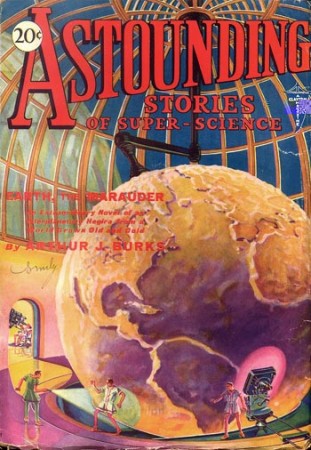
Plutonian Striptease is a series of interviews with experts, owners, users, fans and haters of social media, to map the different views on this topic, outside the existing discussions surrounding privacy.
Dmytri Kleiner is a USSR-born, Canadian software developer and cultural producer. He is a co-founder of Telekommunisten, a worker’s collective that provides telephone and Internet services, and an independent researcher investigating the role of telecommunications, cultural production and migration in class conflict.
Social networks are often in the news, why do you think this is?
Several reasons, on one hand social platforms like Facebook have gotten many new users into online communications, on the other hand, unlike older platforms like email and usenet, Social networks are run by capital financed companies, and thus have PR and marketing budgets.
In what way do they differ from older forms of communication on the Internet?
The primary difference is that they are centralized, proprietary platforms, each controlled by a single commercial organization. (more…)
Tags: decentralized systems, EULA, Facebook, identity theft, marketing, privacy, proprietary systems, social networks, venture capital
Posted in contextual, interview | 1 Comment »
Thursday, September 9th, 2010
When Marloes, Dave and myself started to discuss about this Facebook game idea, we quickly agreed that we were more interested in using a text-only environment. It’s faster to develop, the constraint is a great catalyst for creativity, it forces you to approach gaming outside of the popular interface metaphors and, above all, it fits perfectly with the text fueled social media environments we want to describe.
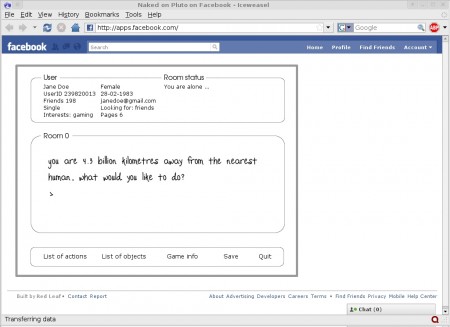
(more…)
Tags: book, chat, facebook data, interface design, inventory, mockup, status, text user interface, text-based game, work in progress
Posted in graphic design, interface design | 1 Comment »
Wednesday, September 8th, 2010
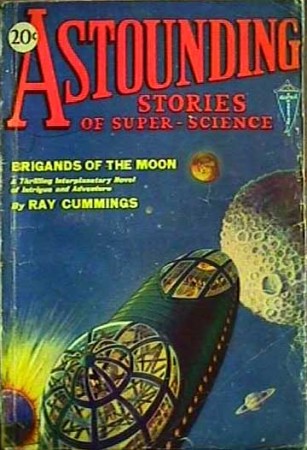
First in a series of interviews with experts, owners, users, fans and haters of social media, to map the different views on this topic, outside the existing discussions surrounding privacy.
Rob Myers is an artist, writer and hacker based in Peterborough, England. He is part of the GNU Social team. GNU social is a decentralized social network that you can install on your own server. Project catchphrase:
What if you could authorize your server to reveal as much, or as little information about you to other sites, as you wish… one time, one day, or forever?.
Social networks are often in the news, why do you think this is?
Often it’s moral panics of the sort that accompany the spread of any new technology. But there’s a growing awareness in old media that social networking software sites are starting to gain the kind of hold on human communication that postal, telegraph, and telephone networks have had in the past. That kind of power is always abused. Old media used to and still does where it can. (more…)
Tags: advertisement, business model, discrimination, distributed, EULA, GNU social, Internet, marketing, privacy, self censorship, social media, social networks, web 2.0
Posted in contextual, interview | 4 Comments »
Friday, September 3rd, 2010
Our last day of intense work! This consisted of mopping up the details and joining the sections we’d finished from the previous days. It’s still hard to know how it will feel to play, and there will be much tweaking – but at least we have a lot of situations and game play which thread together into a complete path from the start to the end of the game.

Being careful to not give too much away, one of the things I’m looking forward to is a gradual opening up of the game as you progress. It moves from quite a fixed path, and opens up into problems with less rigidly defined solutions. The playtesting will be essential to get a real idea of how well it actually works, and allow us to fine tune/radically change sections.
Tags: brainstorm, gameplay, post-it, quest, sprint, vertical slice
Posted in script writing | No Comments »
Wednesday, September 1st, 2010
Today we worked on the map and quests situated at the beginning of the game. To prevent spoilers the words are blurred. We continued working with post-its, they are extremely handy during a brainstorm in which everything changes every 2 minutes. The whole map is color coded, blue for locations, green for situation, yellow for actions and pink for inventory (items, coins, etc.). The arrows and dotted lines are mostly there to confuse cause we kept moving notes around.
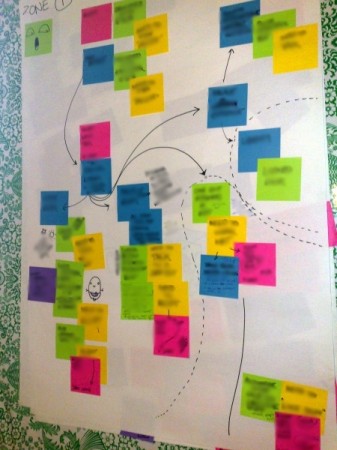
At 16.00 we presented Naked on Pluto to the crew of NIMk and we were very happy Angela Plohman from BALTAN Laboratories came to join us (we’ll be at BALTAN in October for the next sprint). We discussed the project in its current state, and talked about the steps in development we’ve taken so far, the biggest problems we’ve encountered and the next steps. Explaining these things at this stage of the project was quite a test for us. We’ve been submerged in the game’s logic for 3 days now, and we’re starting to loose our sense of reality ever so slightly…
Tags: game mechanics, map post-it brainstorm sprint quest, vertical slice
Posted in script writing | 1 Comment »







